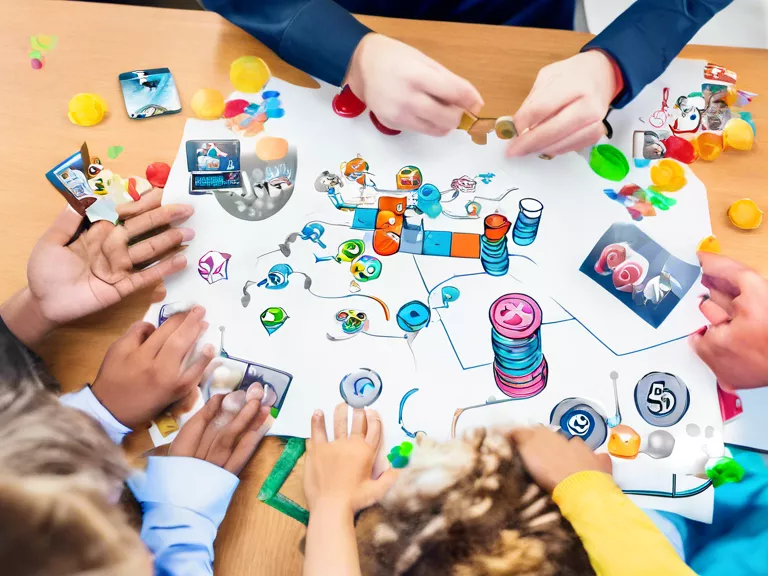
In today's digital age, educational games have become increasingly popular as tools for learning and skill development. These games are not only fun and engaging but also provide effective ways to teach various subjects and concepts to both kids and adults. From math and science to language arts and history, educational games cover a wide range of topics and can be tailored to suit different learning styles and preferences.
One of the key benefits of educational games is that they make learning interactive and hands-on. Instead of passively consuming information through lectures or textbooks, players are actively engaged in solving problems, making decisions, and applying their knowledge in a virtual environment. This active participation not only helps to reinforce learning but also enhances critical thinking, problem-solving, and decision-making skills.
Another advantage of educational games is their ability to adapt to individual learning needs. Many games offer personalized learning experiences by adjusting the difficulty level based on the player's progress and performance. This adaptive nature ensures that players are challenged at the right level and receive immediate feedback on their efforts, allowing them to learn at their own pace and make steady improvements over time.
Moreover, educational games are effective in promoting collaboration and teamwork among players. By working together to solve puzzles, complete tasks, or achieve goals, players learn how to communicate effectively, share ideas, and support each other in a cooperative setting. These collaborative skills are not only important in academic settings but also in real-world situations where teamwork is essential for success.
Overall, educational games are transforming the way we learn by making education more enjoyable, accessible, and effective for learners of all ages. Whether used in schools, homes, or workplaces, these games have the power to engage, motivate, and inspire a love for learning in individuals around the world.


